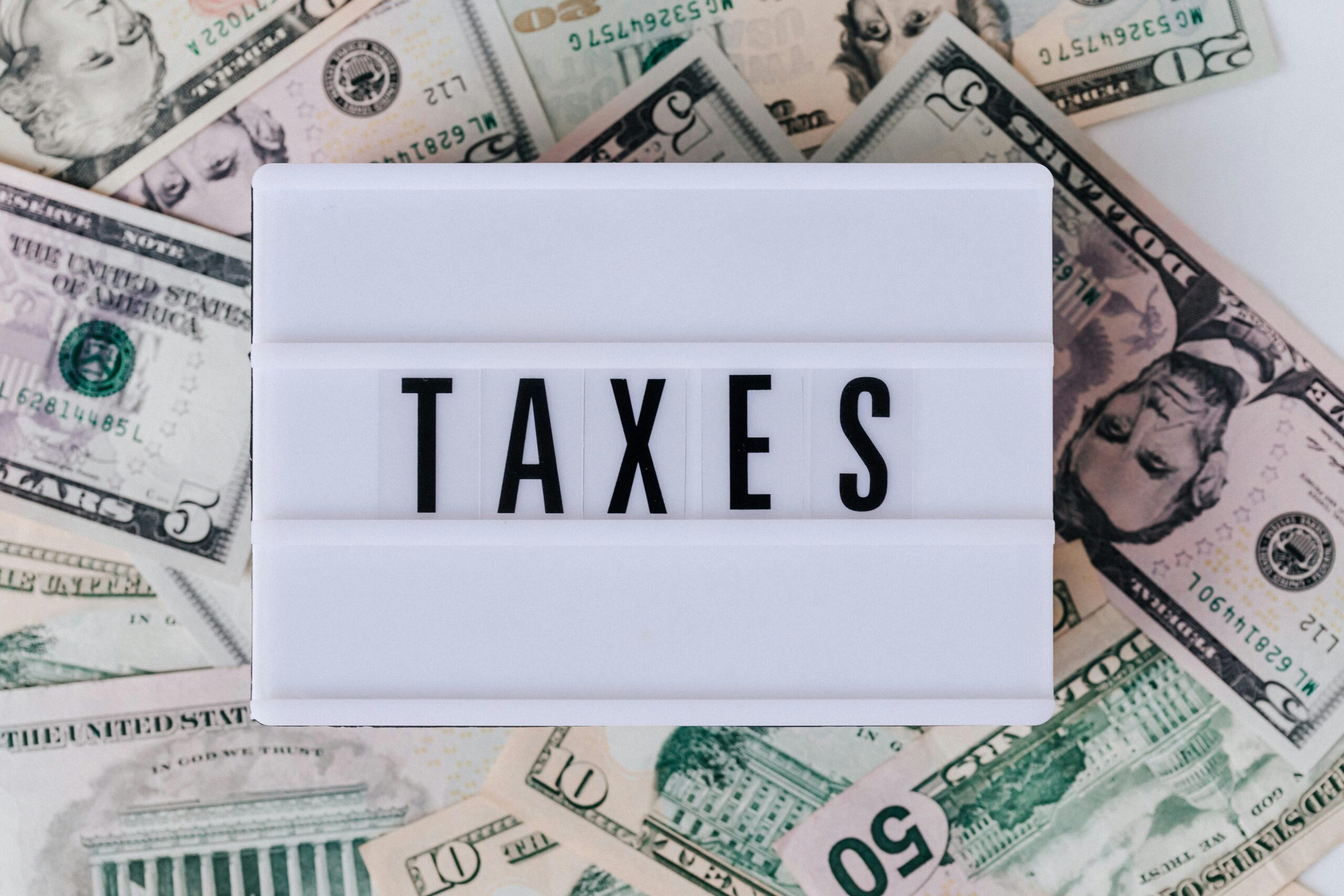
The concept of taxing unrealized gains—profits that exist on paper but haven’t been cashed in—is gaining traction, especially with proposals like the one from Vice President Kamala Harris. Under her plan, individuals with over $100 million in assets could face taxes on their unrealized stock gains. This proposal has sparked significant debate, not just about fairness but also about the broader economic implications. Here’s what you need to know.
What Are Unrealized Gains?
Unrealized gains refer to the increase in value of an asset that hasn’t yet been sold. For instance, if you own stock that has appreciated in value but you haven’t sold it, the increase in value is considered an unrealized gain. Typically, taxes are only paid on these gains once the asset is sold and the profit is realized.
The Harris Proposal: Taxing the Wealthiest Americans
Kamala Harris’s proposal targets the wealthiest Americans—those with more than $100 million in assets. The idea is to tax these unrealized gains annually, rather than waiting until the assets are sold. Proponents argue that this could prevent wealthy individuals from deferring taxes indefinitely, as they can afford to hold onto appreciating assets without selling them.
However, the proposal is not without controversy. Critics argue that taxing unrealized gains could have significant economic consequences, particularly concerning inflation and the broader financial markets.
The Inflation Incentive: A Hidden Risk
One of the most compelling concerns raised about taxing unrealized gains is the perverse incentive it might create for the government to allow inflation to increase. Here’s why this is a significant issue: if asset prices rise due to inflation, the value of investors’ portfolios increases. However, this increase doesn’t reflect a real gain in purchasing power—it’s merely the result of inflation pushing up prices.
Under the proposed tax on unrealized gains, this inflation-driven increase in asset values would still be subject to taxation. This creates a scenario where the government could benefit from higher tax revenues even though investors haven’t seen any real improvement in their financial situation. Essentially, the government might have an incentive to let inflation rise because it would inflate asset prices, thereby increasing the amount of tax collected on those inflated values.
This could be particularly problematic because it taxes individuals on nominal gains—gains that haven’t actually increased their purchasing power. In other words, an investor’s portfolio might be up simply because of inflation, not because of actual economic growth or improved company performance. Yet, they would still be on the hook for taxes on these illusory gains.
This dynamic could have far-reaching implications. For one, it could erode trust in the fairness of the tax system, as people are taxed on money that doesn’t represent real wealth. Additionally, it might lead to distorted investment behaviors as investors seek to protect themselves from these inflation-driven tax hits, potentially creating more volatility in the markets.
The Practical Challenges
Beyond the economic implications, there are practical challenges to implementing a tax on unrealized gains. Calculating the value of non-liquid assets, like private companies or real estate, could be incredibly complex. Furthermore, asset values fluctuate, meaning the amount of tax owed could change dramatically from year to year, creating uncertainty for taxpayers.
What This Means for Investors
For the average investor, this proposal might seem far removed from your day-to-day concerns. However, it’s essential to understand the broader implications. If implemented, this tax could lead to increased market volatility as wealthy individuals adjust their portfolios to manage their tax liabilities. This could, in turn, affect the value of stocks, mutual funds, and retirement accounts held by everyday investors.
Furthermore, the debate over taxing unrealized gains brings up critical questions about the nature of wealth and taxation in the U.S. As the government looks for ways to address income inequality and fund public services, proposals like this one are likely to continue emerging. Understanding the potential impact of these policies is crucial for anyone involved in the financial markets.
Conclusion: A Complex and Controversial Proposal
Taxing unrealized gains is a complex and controversial proposal that could have far-reaching implications for the economy and investors alike. While it aims to target the wealthiest Americans, the ripple effects could touch everyone. Whether you’re a casual investor or someone closely watching the markets, it’s essential to stay informed about these developments and consider how they might impact your financial future.
The inflation concern highlighted in recent discussions suggests that the effects of such a tax could be far from straightforward. With the potential for the government to benefit from inflation at the expense of investors, careful consideration is needed before moving forward with such a policy.
